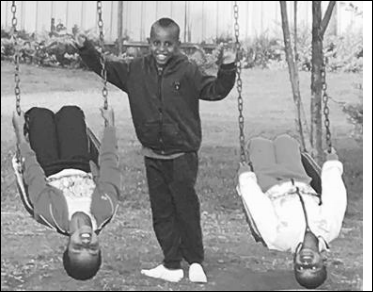×
The Standard e-Paper
Fearless, Trusted News

Our ancestors took naming very seriously with elaborate ceremonies. That led to standardised naming in some communities depending on the time you were born, where you were born, whether you are a firstborn, who your parents are and other criteria.
Our naming has not escaped changes since independence. After all, we have no naming policy in Kenya as in some countries like Spain. What changes have taken place in our names and naming since then? Should we worry over these changes?